We tend to underestimate how negative language impacts children. Find out why it is a less effective form of discipline, what research on neurobiology says about how to speak more effectively and find positive phrases to improve listening and misbehaviour.
We had just gotten back from a road trip over Christmas break.
I was bone-tired from playing Santa (setting up a KidKraft dollhouse is no quick feat), packing up two young ones and being very pregnant. I mean pregnant to the point that people think I’m due any day even though I’m not.
Once home, my kids showed signs of being overstimulated from all of the holiday excitement. Sibling rivalry consumed our household. My daughter wanted space. And my son took that as a challenge to see how many buttons of hers he could push.
Related reading: Stop Sibling Rivalry Using These Ridiculously Simple Strategies
And I was bone-tired and resorted to parenting from the couch.
“Don’t bug your sister.”
“Stop it now.”
“No, you can’t jump from the coffee table to the couch!”

Soon, every time I got down to my little boy’s level and opened my mouth, I was met with the word, “STOP!”
I took a step back.
I tried reacting more thoughtfully. In my mind, I was using every positive parenting strategy in the book. But he continued to meet me with an endless stream of “No.”
“No, clean-up!”
“No, bedtime.”
“No, bath EVER!”
Sure my little guy was strong-willed. But I wasn’t used to this level of resistance and frustration from him.
Then, I had a lightbulb moment.
It took me way too long, but soon I realized the error of my ways. He was speaking to me the way I was speaking to him.
That’s when I made a pact with my kids. “We’re going to stop saying ‘Stop.’ And find ways to say yes to one another. So, if Mama says, ‘Stop or no,’ one of you need to remind me that we don’t talk that way. If one of you say, ‘Stop,’ I will remind you.”
Related reading: Here are Effective Strategies That Will Get Your Kids to Listen
Almost immediately, my children changed the way they were speaking. But the habit was much harder for me to break. To reinforce my pact to my kids, I dusted off some parenting books and did some research. This is what I found.
Negative language is harder to process.
Research has shown that negative language is, in fact, ineffective.
The reason?
For young children, discipline worded negatively is harder to understand.
‘Stop’ on its own tells a child nothing. He left to deduce what he shouldn’t be doing and what he should be doing. For preschoolers and toddlers, that’s asking too much.
Now, some may argue I should simply add what my son should stop doing and the problem is solved. But doing this has inherent issues. You see, when I say, “Stop bugging your sister,” I am requiring my son to double-process. Meaning, he needs to process what I have told him not to do and then deduce what he should do instead.
In contrast, positive language is far more effective because it tells children what to do.
Related reading: Front-Loading, Redirection & Connection: 3 Strategies for Your Strong-Willed Toddler
Common examples of negative language and alternative positive phrases
- Don’t run → Walk, please.
- Stop touching your sister → Hands to yourself.
- Don’t throw toys → Please keep your toys on the ground.
- Stop interrupting → I can see you want to talk to me. Wait one moment, please.
- Leave him alone → Come over here and play.
- Don’t hit → Only gentle touches, please.
- Stop yelling → Quiet voice, please.
- Calm down → Take a deep breath. We can work through this together (You can find 14 more alternatives to saying calm down here.)
- You don’t need another toy. I’m not buying that. → If that’s something you really want, why not save up for it?
- This is nothing to get upset about → I can see this is hard right now. Let’s work together.
Additionally, positive language reinforces good behaviour, is clear, and shows thoughtfulness. This is because the parent is responding in a way that doesn’t simply default to, “No,” or “Stop.” When we use the same phrases without much thought, our children are more likely to ignore us.
But it goes beyond that. There are neurobiological benefits to using positive language more.
This post contains affiliate links. As an Amazon Associate, I earn from qualifying purchases.
Double-processing aside, there are even more compelling reasons to use positive language. And it comes down to research on neurobiology.
In general, science finds that when a child (or anyone for that matter) is told no repeatedly, their fight, flight, freeze or faint response is activated (1). In this state of mind, children are more likely to react with anger, tears, or just shut down altogether. In contrast, when a child hears positive phrasing, their prefrontal cortex, the area of the brain responsible for resilience, curiosity, open-mindedness, problem-solving and even morality is engaged (2).
Consider this example.
My little guy is splashing in soapy bathwater when I realize bedtime is fast approaching.
I grab his t-rex hooded towel and say, “It’s time to get out!”
“No. I stay in the bath!” he declares.
My default would be to say, “No more bath,” and maybe scoop him out of the tub. My son would scream, I would dress a damp thrashing toddler and wait out his tantrum.
But, I am equipped with this knowledge.
So instead, when my son says he’s staying in the bath, I acknowledge how he’s feeling.
“Oh my goodness! You’re having the best time in the bath, aren’t you?” By acknowledging his point of view, I’m getting him into a more agreeable state.
He nods. Then, I say, “I know you’d like to stay in here. It’s time to get out now, but how ’bout we have a bath again tomorrow?”
He agrees.
But the benefits don’t stop there…
Before responding, I pause, reflect and then respond. I no longer respond out of exasperation as much. By approaching both of my kids with more patience and a willingness to find a solution they were more likely to do the same.
Not only that, but in my efforts to use more positive phrasing, I started saying yes more.
For example,
- No, you can’t have a cookie → Yes, you can have dessert after dinner.
- I can’t play right now → Yes, I can play with you after I’m done writing this email.
- I don’t want a mess right now so no you can’t make slime → Yes, you can make slime as long as everything is cleaned up once you’re done.
And in turn, this acted as invaluable modelling for my children to be more flexible and say yes more too.
Anything we give attention to, anything we emphasize in our experiences and interactions, creates new linking connections in the brain. Where attention goes, neurons fire. And where neurons fire, they wire or join together.
– Dr. Daniel Siegel and Dr. Tina Payne Bryson
Based on the research from Payne Bryson and Siegel, by looking for ways to discipline my children in calm, positive and constructive ways, I’m helping wire their neurocircuitry in favour of that behaviour.
A final note about dropping negative language in favour of positive phrasing
Does this mean you should edit everything you say or never use negative language again? Simply put, no.
In all honesty, there are times where “No. It’s completely out of the question,” or “Stop right now,” are necessary and arguably more effective. That said, the more I strive to use positive language, the more I realize that the situations that demand “hard no’s” are much rarer than I once thought. On top of it, the overall emphasis on using more positive language has paid dividends in our household. I notice my children are more resilient and less reactive.
As such, when I get off track, I will always come back to this approach as it is undoubtedly raising more open-minded children who have a greater ability to problem-solve.
Here are other articles you may find helpful
Front-Loading, Redirection & Connection: 3 powerful strategies for your strong-willed toddler







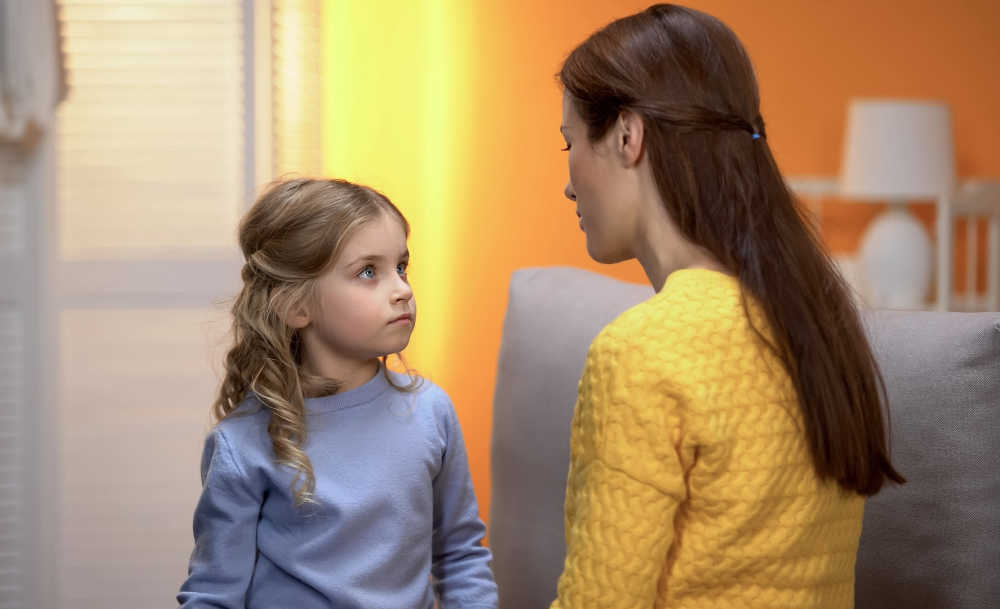
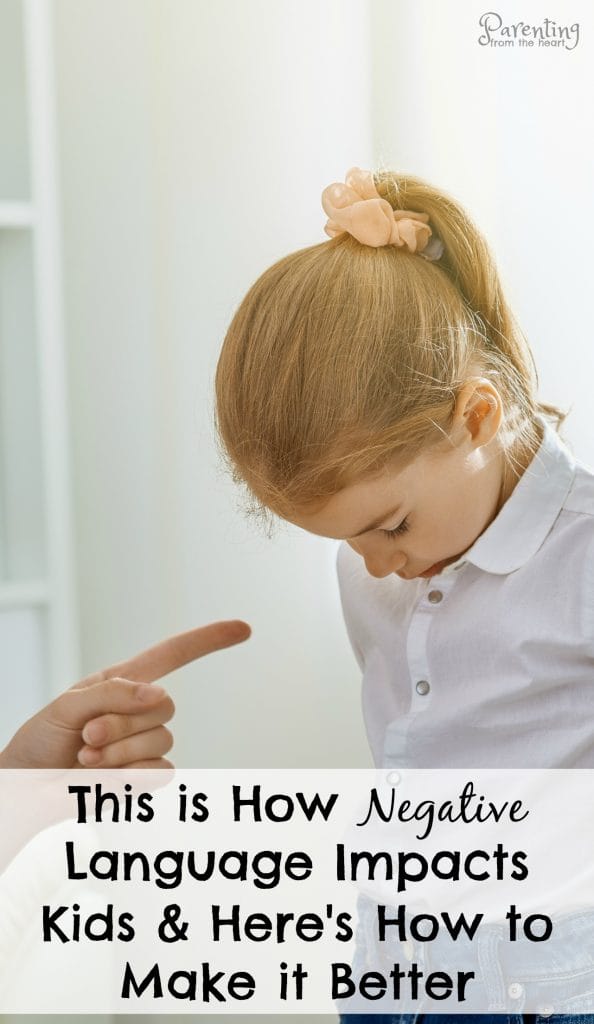
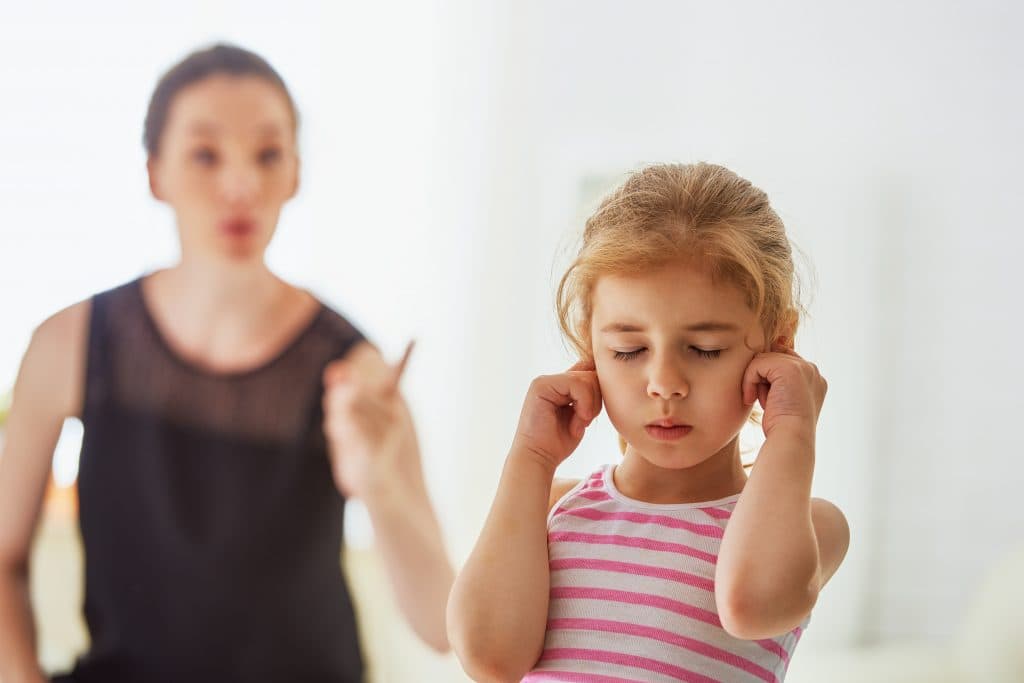
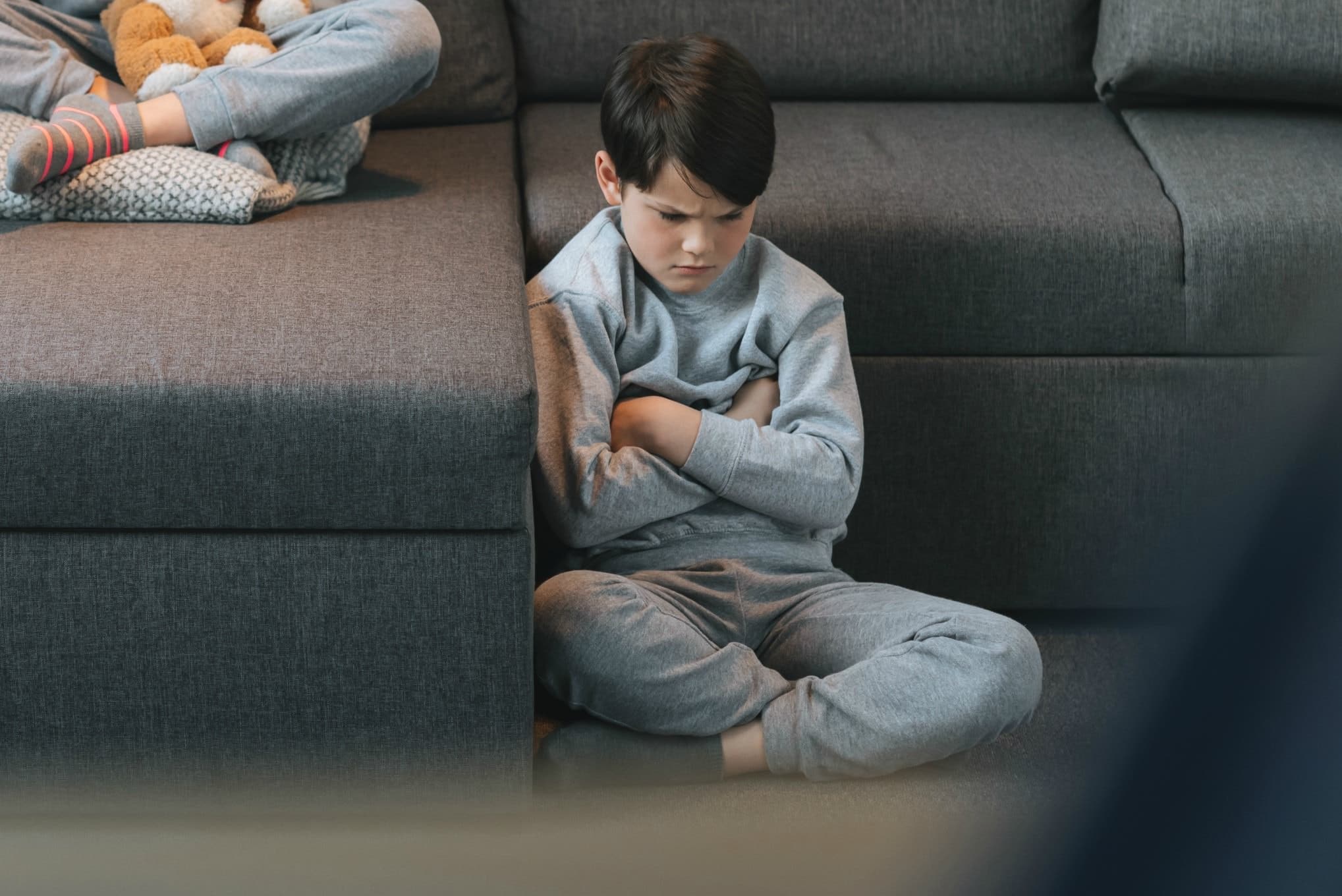

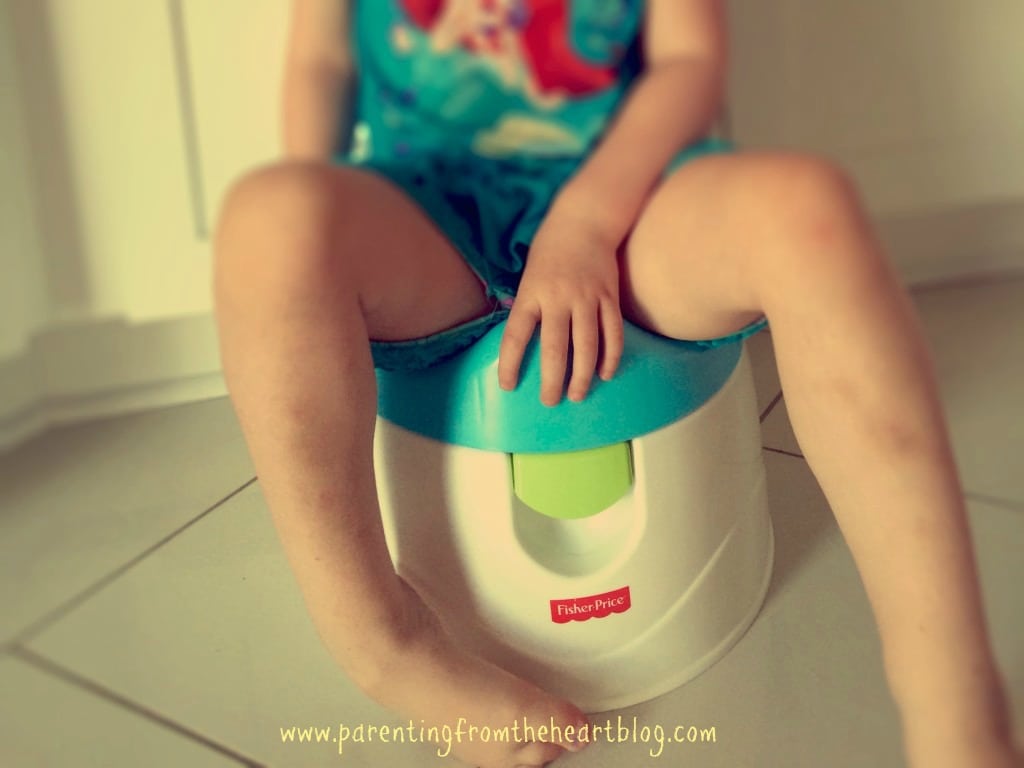
As a parent, it can be difficult to swallow the negative words before they come spewing out of the mouth. As a play therapist I only use positive language. That was the best lesson my profession has taught me. The children always respond better to being told what they should do rather than what they are doing wrong.
Great ideas! I blog about traveling with the kids and making it educational. I find that traveling is the perfect time for parents to try new things and practice those things that sometimes feel overwhelming during the very busy normal life. I’m passing this great list on!
Thank you so much! That is a great idea to try new ideas out while travelling.
How do I tell a 6 yr old to complete all his work at school without telling him negetively that, he didn’t complete his work at school.
That’s a really good, loaded question. I would approach it by asking questions about why he might be having a hard time getting work done – so that it’s phrased in a way of wanting to help understanding what is going on and how they can help. By being heard, he will likely feel more receptive to what you have to say. Talking to the teacher to get insights on what IS and isn’t working could help too. I hope that helps a bit.
Great article! Researchers have found that toddlers hear the word “no” up to 400 times a day. How would you feel if you heard “no” that often, day after day? I think I would give up after a while. If I can’t please you, I’m not even going to try. 🙂
Great read! I never thought about it this way, but I’m going to have to try this out. I already do some of these naturally, but most of them are great suggestions! Thanks! ?
Oh, I have so been there…often! I used to say to my daughter, “Try looking with your eyes open!” It wasn’t until she repeated it back to me that I realized how dismissive and rude it was. Love this post!
Thanks for this!!
I didn’t even think of that 😮
As a teacher, for me it would depend on the frequency. If it’s a habit for the child, maybe some negative language is needed.
Personally, if kids are given the chance to “explain” why they aren’t doing something they know they should do, they start coming up with reasons just to please you. It’s the same as when they’re telling a story and start to add onto it. I’d listen to maybe two reasons if they have them, then reinforce that your child is in charge of their own actions. Maybe Billy was being distracting, but you can choose to focus on your work. Make a plan on what to do if a child distracts them again, and then follow up with it if that reason comes up again!
Big thing I see a lot is parents listening to their kids and being so worried about negative impact on emotions that their kids are never held accountable. Don’t let clog posts like this keep you from being straight with your little one.
Negative =/= wrong or mean.
I appreciate you prompting clarification. Positive phrasing is easier to understand and follow than negative language. The positive discipline is about being more clear and more upfront with children. It is also congruent with best teaching practices.
I think saying please is important, but I’ve noticed sometimes the request gets ignored if I add a please. To the point where I have to explain that please doesn’t mean I’m not serious. It means I’m showing respect and I expect that reciprocated. How can I say please without it being seen as an optional request?
This is an excellent question. In the book, How to Talk so Kids Will Listen and How to Listen so Kids Will Talk, the authors actually recommend omitting please because they say it makes the direction sound more like a request/ weakens what you’re saying to them.
In my own home, I still use ‘please.’ For example, ‘Get on your shoes, please.’ Then, if they say they don’t want to, I respond by either empathizing – “I know it’s hard to stop playing and leave. It’s time to go.” Or, “I know it’s hard to leave. You do need to put your shoes on now. You can play more when we come home.” If it goes on from there, I inform them I didn’t ask if they wanted to get their shoes on and wait for compliance. I hope that helps. Please let me know if you have any additional questions.
The authors recommend omitting “please” because it makes the direction sound like a request??? Really?! Everything you ask your children to do IS a request! Even if you tell your children that they don’t have an option, they always have an option. You can tell your child there will be negative consequences for not doing what you want them to do, but they still have the choice to take the consequences. Personally, because I want to teach my children how to be polite adults, I will always use “please” in hopes that my children will always use it too.
I found this very informative. The reason that brought me to this site is for my concern on how we communicate with my 4 year old niece. I constantly notice my sister telling my niece (her daughter) to stop doing things to the point were she totally kills her mood. My older sister watches my niece during the day while her mom is at work and i see the difference in her behavior and overall attitude. My niece is happy, playing , and having fun as she should then her mom gets home and i just hear her crying or not behaving. It would be nice if these articles could have an easy print option for that i can show her. Thanks for all the great insight tho
How we communicate, especially tone & language sets the precedent for our children.
Connection over correction, every time!
Thank you. Sharing on Holistic Kids 💕
Great article! Reminded me how this positive language is crucial and effective , I’ve been going through more challenging times recently with my toddler and found this article in perfect time – everything is for reason! Many thanks love 🙏🌈👼🏻✨💖🌈💖
Hello! I love the digestible information you shared as well as examples. Id love to share this article, and I am hoping you can please cite/link where the research came from? I’d love to learn more. Thank you!
Thanks so much for the question. Every study is hyperlinked where I refer to it. But if you’d like to look more into the research in general, some good places to start are:
https://www.verywellmind.com/what-is-attachment-theory-2795337
http://labs.psychology.illinois.edu/~rcfraley/attachment.htm
https://scholar.google.ca/scholar?q=minnesota+longitudinal+study&hl=en&as_sdt=0&as_vis=1&oi=scholart
https://www.adolescenthealth.ca/journal-articles-and-books